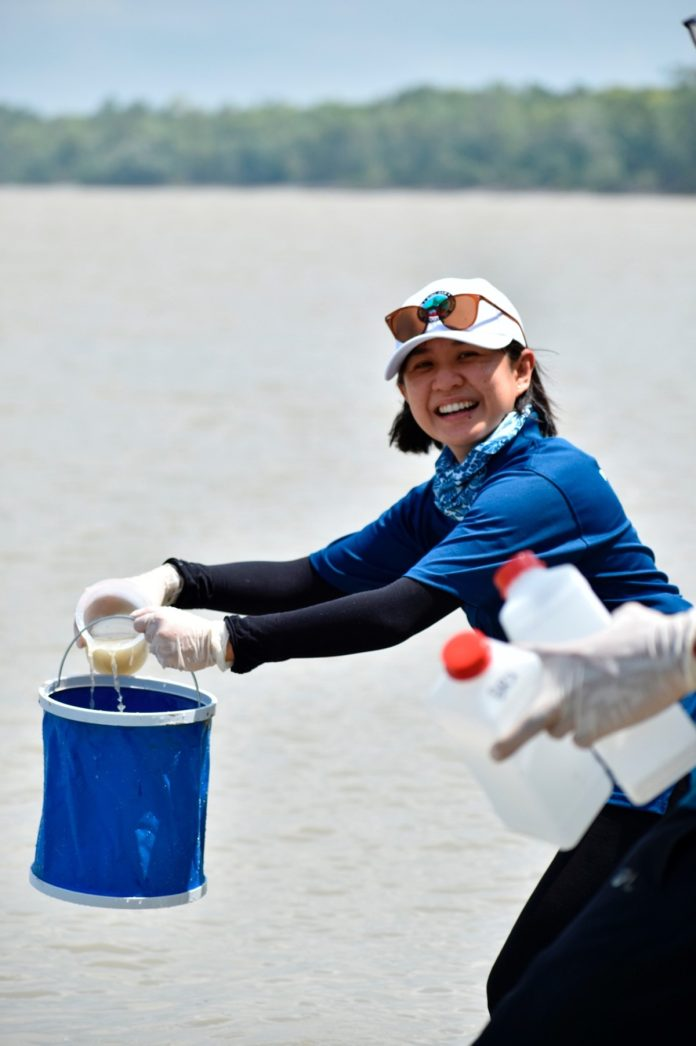
MALAYSIANS may one day no longer be able to enjoy their favourite “char kuey teow” with cockles or savour “siput sedut” if we fail to protect our coasts and mangroves.
As we celebrate World Environment Day 2023, we believe the ability to secure the bountiful resources of Malaysia’s coasts rests in our hands. Here is why and how we can do it.
Malaysia is rich in marine biodiversity and is renowned for its seafood production (2% of global marine capture in 2018, according to the Food and Agriculture Organisation). Our coastal areas are home to a wide range of fish, crabs, shrimps, snails, and clams that have been an important protein source for our nation for centuries. Coastal fishery is the major contributor (82%) to Malaysia’s fishery production, according to the Department of Fisheries Malaysia.
However, coastal fish species are now facing serious threats from overexploitation, habitat loss from land development, pollution, and climate change. If these threats continue, seafood would be increasingly harder to obtain, smaller in size, more expensive, and laced with microplastics and heavy metals.
Mangrove forests are a key coastal ecosystem that serves as the nursing and breeding grounds for many important fishery species. Hence, prudent coastal management, especially in the mangroves, is necessary to ensure the sustainability of Malaysia’s seafood supply.
Effective coastal management can promote and ensure the sustainable use of our natural resources. The aim here is to strike a balance between the exploitation of fishery resources and biodiversity conservation. As part of this effort, the University of Nottingham Malaysia is now spearheading research on biomonitoring of coastal fish species in mangroves using environmental DNA (eDNA) metabarcoding. It involves collecting water samples from the mangroves and analysing the DNA left behind by fish, to survey the fish community without the use of nets.
This non-invasive method can provide invaluable information on the distribution, movement, and potential abundance of fish populations, which is useful for decision-making in fishing quotas and ecosystem management. Ultimately, this can lead to more sustainable fishing practices and healthier coastal ecosystems.
Considering the increasing demand for seafood in Malaysia coupled with the decline in our wild fish stock, policymakers, industries, and the public must play a collaborative and proactive role in ensuring sustainable fishery management is implemented.
Policymakers should increase biomonitoring efforts in mangroves and use it to inform land use planning and fishery stock management. Survey coverage can be substantially increased by adopting eDNA metabarcoding as the biomonitoring tool, as it allows for quicker and more efficient field sampling. In coastal areas with high human pressures and overexploitation, sustainable fishing practices and alternative livelihood options can be introduced to the local communities.
Private industries should invest in R&D for innovative ways to reduce negative impacts on coastal ecosystems such as mangroves. For example, Korean companies are actively innovating AI- and drone-guided fish harvesting to minimize fish waste. Innovations could promote responsible fishing operations that can reduce bycatch, avoid overfishing and prevent the destruction to fish habitats.
The public should make a conscious choice to support sustainable seafood production. When buying seafood, look for certification from credible organisations such as the Marine Stewardship Council and Aquaculture Stewardship Council. In addition, the public can be mindful of fishing and industrial activities in the mangroves, and report unlawful practices to the authorities.
By taking these measures, Malaysia can safeguard its seafood supply and ensure that it remains abundant and healthy for generations to come. Sustainable fishery and effective coastal management not only benefit Malaysia’s fishing industry, but also the overall health of our coastal waters, local biodiversity, and human populations. We can work together to protect our coasts so that future generations can continue to benefit from the bounty of our seas.
NOTE: The author is assistant professor at School of Environmental Geographical Sciences, University of Nottingham Malaysia.
Article originally published in: https://thepetridish.my/2023/06/06/prudent-coastal-management-key-to-sustaining-local-seafood-supply/